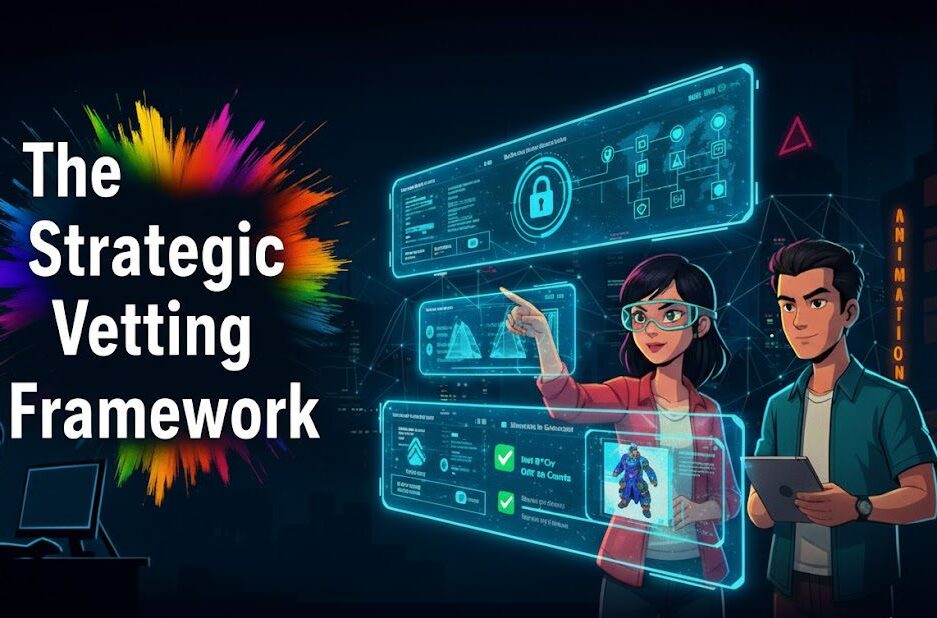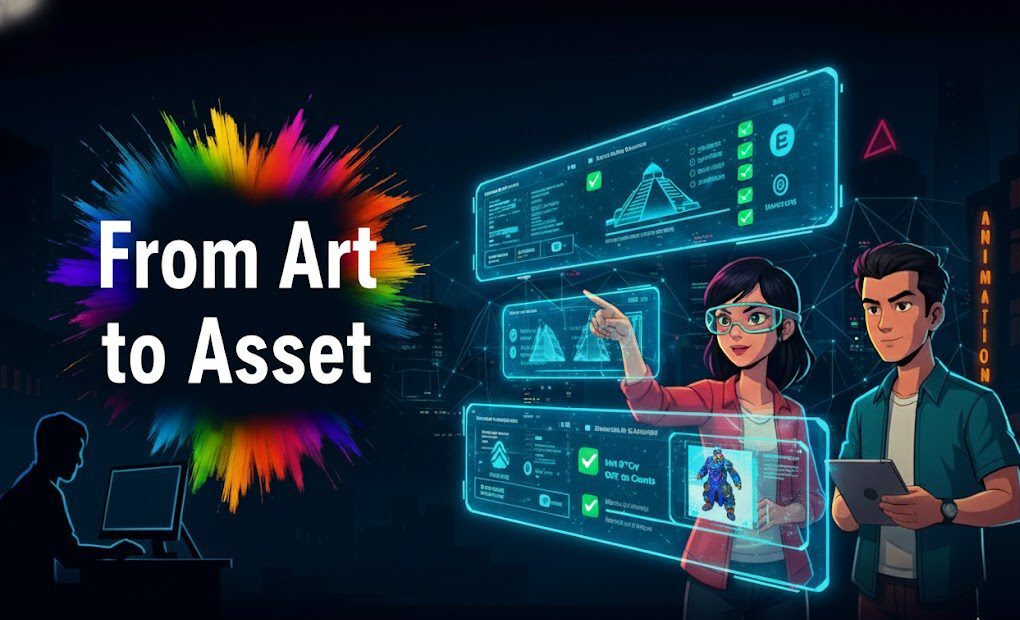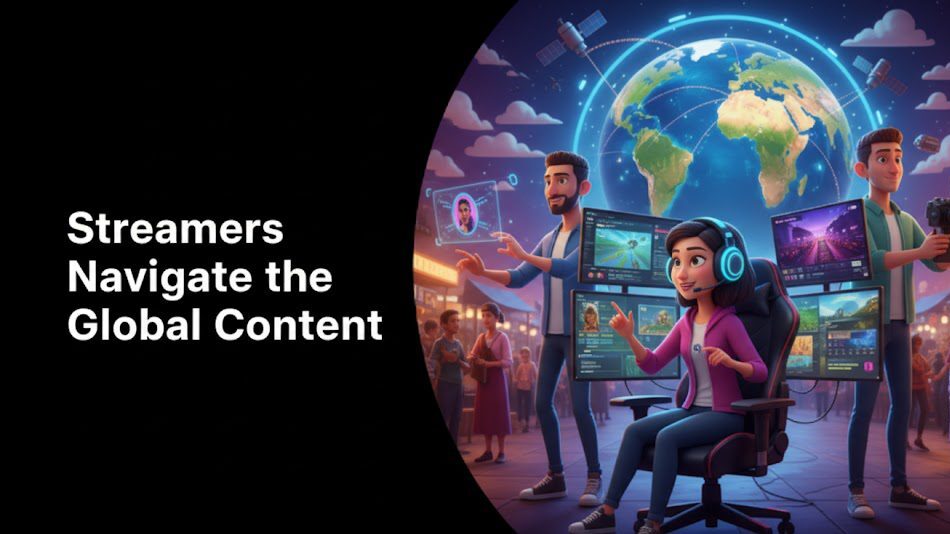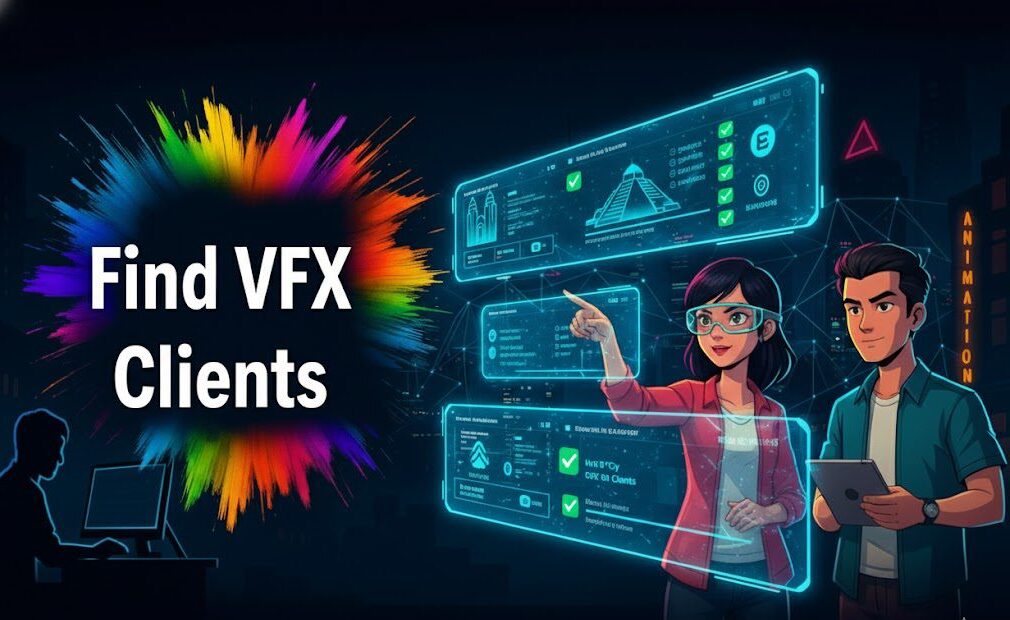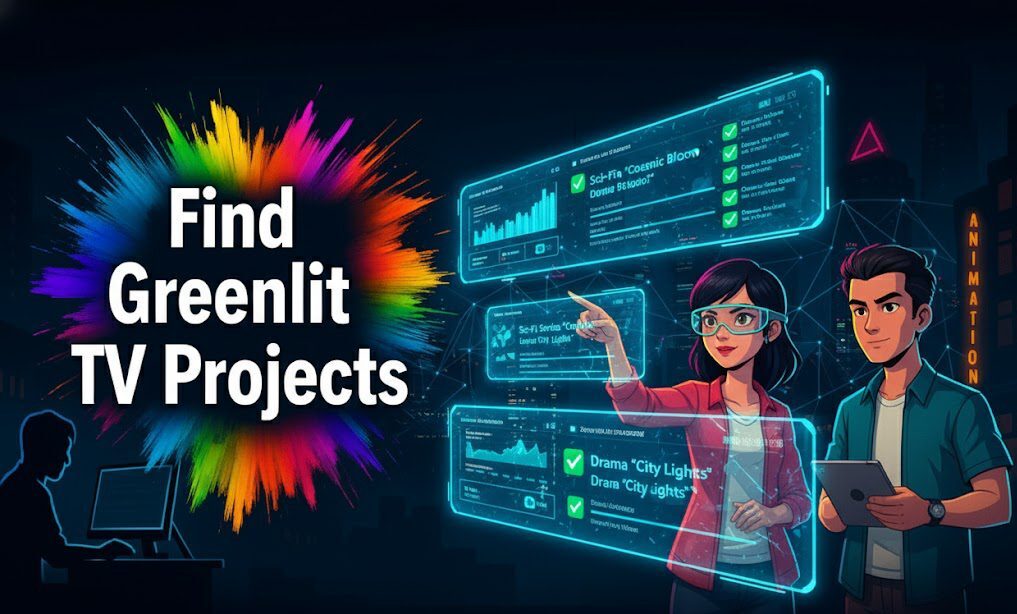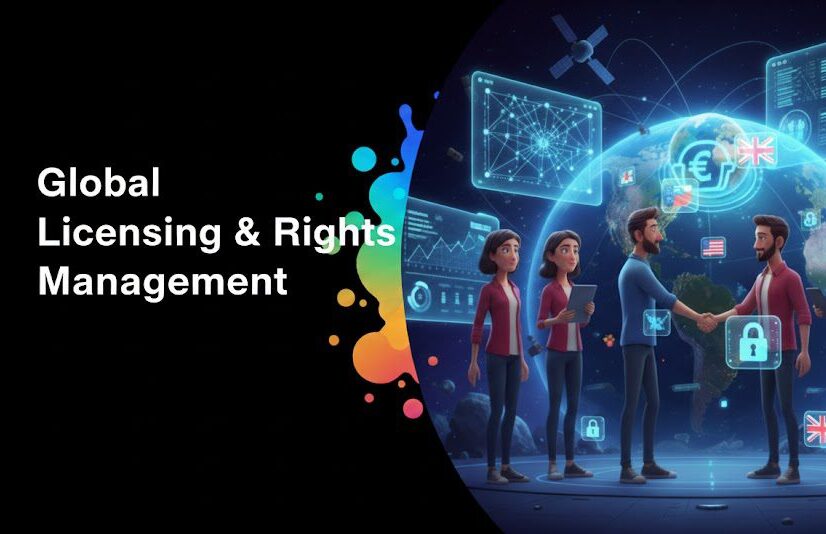Introduction
Bringing a novel, play, or even a video game to life on the big screen sounds exciting, but what about the legal and business challenges behind it? Adaptation rights are the foundation of transforming intellectual property (IP) into films and TV series. Understanding how these rights work can mean the difference between a blockbuster adaptation and a legal nightmare.
In this comprehensive guide, we break down what adaptation rights are, how they work, key legal considerations, and business strategies for securing them. Whether you’re a content creator, producer, or distributor, this article will equip you with insights to navigate adaptation rights successfully. Plus, discover how Vitrina can help you track global adaptation opportunities and partnerships.
Table of content
Find the Perfect Content for Adaptation

What Are Adaptation Rights?
Adaptation rights, also known as derivative rights, refer to the legal permission required to modify an existing work into another format—such as adapting a book into a film or a podcast into a TV series. These rights are part of intellectual property law, ensuring the original creator retains control over how their work is transformed.
Types of Adaptation Rights
Understanding different types of adaptation rights is crucial for negotiating licenses and avoiding legal pitfalls.
- Film & TV Adaptation Rights – The right to develop a book, comic, or another medium into a movie or series.
- Theatrical Rights – Permission to adapt a work into a stage play or musical.
- Audio Adaptation Rights – Used for podcasts, audiobooks, and radio dramas.
- Video Game Adaptation Rights – Converts an IP into an interactive gaming experience.
- Merchandising & Spin-Off Rights – Extends an adapted work into toys, books, and other commercial products.
How Adaptation Rights Work
Adaptation rights are typically acquired through licensing agreements between the original IP holder and the production company or distributor.
Steps in Securing Adaptation Rights:
- Option Agreement – The producer pays for the exclusive right to develop an adaptation within a set timeframe.
- Negotiation & Contract Signing – Terms like royalty payments, revenue shares, and creative control are finalized.
- Development & Production – The adaptation moves into screenplay writing, financing, and production.
Example: When HBO secured the adaptation rights for Game of Thrones, they entered a contractual agreement with author George R.R. Martin, giving them exclusive rights to develop the series.
Stay Ahead in the Adaptation Market

Key Legal Considerations in Adaptation Rights
Before securing adaptation rights, it’s essential to understand the legal implications involved:
- Copyright Ownership – Ensuring the licensor has full ownership rights over the IP.
- Territorial & Duration Clauses – Specifying where and how long adaptation rights are valid.
- Moral Rights & Creative Control – Some authors retain the right to approve or reject modifications.
- Financial Terms – Includes upfront fees, revenue sharing, and potential buyout clauses.
Case Study: Warner Bros. faced legal battles over The Lord of the Rings adaptation due to unclear revenue-sharing terms with Tolkien’s estate.
Business Strategies for Securing Adaptation Rights
To successfully secure adaptation rights, industry professionals use the following strategies:
- Early Negotiation & Preemptive Deals – Locking rights before competitors show interest.
- Revenue-Sharing Agreements – Offering IP holders a share in the film/TV adaptation’s earnings.
- Multi-Format Licensing – Acquiring rights for film, TV, gaming, and merchandise simultaneously.
- Leveraging Market Trends – Identifying best-selling novels, viral webcomics, or trending content for adaptation potential.
Challenges in Acquiring Adaptation Rights
- High Competition – Popular works often have multiple bidders.
- Complex Negotiations – Rights may be split between different stakeholders.
- Legal Disputes – Unclear ownership can lead to lawsuits.
- Cultural Sensitivities – Adaptations may need localization for different markets.
How Vitrina Helps with Adaptation Rights
Vitrina provides a powerful solution for tracking global adaptation rights opportunities across 100+ countries.
- Discover Adaptable Content – Identify books, webcomics, and IPs with high adaptation potential.
- Track Industry Deals – Monitor adaptation rights transactions and competitor strategies.
- Connect with Rights Holders – Find and reach out to IP owners and decision-makers.
- Market Intelligence – Get insights on trending adaptations, licensing agreements, and emerging opportunities.
Key Takeaways
✅ Adaptation rights grant permission to modify existing IPs into different formats.
✅ Legal agreements cover ownership, licensing terms, and revenue-sharing.
✅ Business strategies help secure rights before competitors.
✅ Vitrina helps you discover and connect with global adaptation opportunities.
Frequently Asked Questions
Unauthorized adaptations can lead to legal disputes, financial losses, and blocked distribution.
No. Adaptation rights are a subset of copyright, allowing specific modifications of a work.
Costs vary widely, depending on IP popularity, market demand, and exclusivity terms.






























